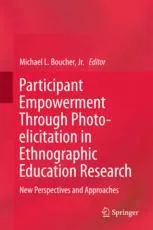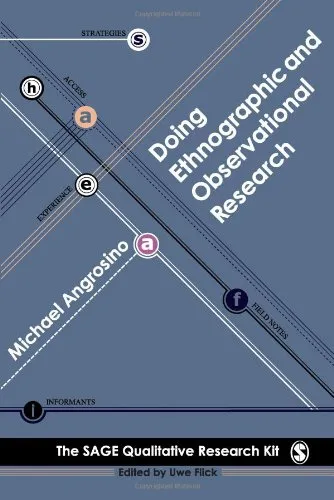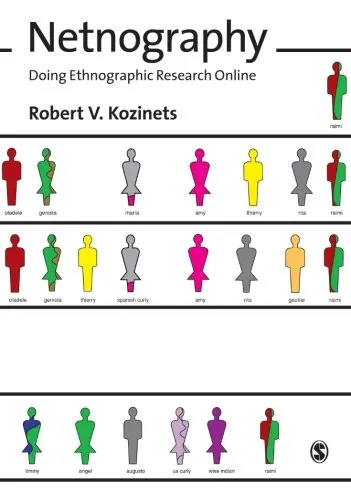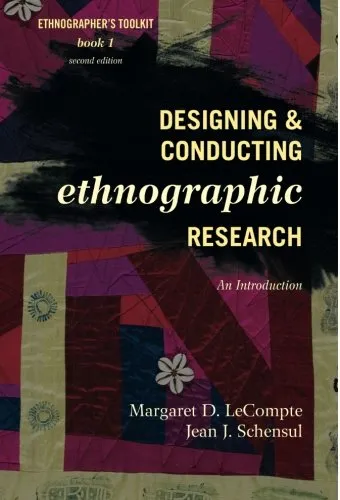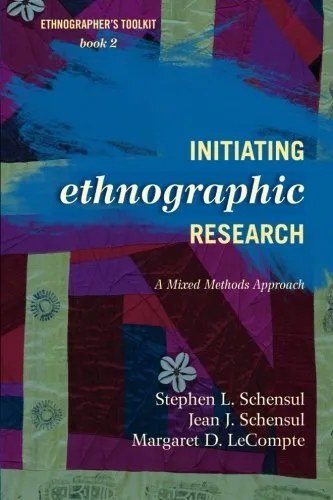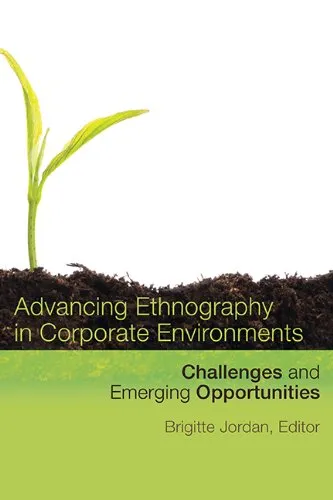Participant Empowerment Through Photo-elicitation in Ethnographic Education Research: New Perspectives and Approaches
4.2
Reviews from our users

You Can Ask your questions from this book's AI after Login
Each download or ask from book AI costs 2 points. To earn more free points, please visit the Points Guide Page and complete some valuable actions.Related Refrences:
Introduction
Welcome to "Participant Empowerment Through Photo-elicitation in Ethnographic Education Research: New Perspectives and Approaches," a groundbreaking exploration into the dynamic intersection of visual methodology and participant engagement in educational research. This book offers educators, researchers, and students a comprehensive look at how photo-elicitation can serve as an empowering tool in ethnographic studies, transforming traditional practices and opening up new avenues for understanding.
Detailed Summary of the Book
In the rapidly evolving field of ethnographic research, the use of visual data has become increasingly prominent. This book delves into photo-elicitation, a particularly powerful method where participants are actively involved in the research process through the generation and discussion of photographs. It is structured to provide a blend of theoretical insights and practical applications, uniquely positioning photo-elicitation within the broader framework of ethnographic research.
Each chapter brings forth a different perspective, ranging from the historical roots and theoretical foundations of photo-elicitation to its application in diverse educational settings. The contributors, comprising seasoned scholars and innovative newcomers, share their experiences and findings, demonstrating how photo-elicitation facilitates deeper engagement and reflexivity among participants.
Through meticulously presented case studies and reflective narratives, the book illustrates how photo-elicitation can democratize the research process, offering participants a voice and agency that traditional methods often lack. The discussion extends to ethical considerations and the challenges researchers may encounter, providing a balanced and holistic perspective on the use of this methodology.
Key Takeaways
- Photo-elicitation fosters a deeper participant-researcher connection, enhancing the richness of the data collected.
- The method encourages participant agency and empowerment, shifting the power dynamics of traditional research approaches.
- Ethical considerations are critical, particularly regarding consent, representation, and the potential for misinterpretation.
- Photo-elicitation can reveal cultural and contextual nuances that might be overlooked by more conventional research methods.
Famous Quotes from the Book
"Photo-elicitation not only captures the complexity of human experience but also allows participants to reconstruct their narratives through their lenses."
"Empowerment in research is not a destination; it is a journey facilitated by methods like photo-elicitation that prioritize participant perspective."
Why This Book Matters
As educational paradigms shift towards more inclusive and participatory models, this book becomes an essential resource for anyone engaged in ethnographic education research. It not only adds to the scholarly discourse on methodological innovation but also provides practical, actionable insights that researchers can apply in their studies.
By elevating the voices of participants and emphasizing the visual narrative, "Participant Empowerment Through Photo-elicitation in Ethnographic Education Research" challenges researchers to rethink the ways in which they interact with subjects and the data they generate. This book serves as a catalyst for change, encouraging researchers to adopt more human-centered methodologies that honor and amplify the experiences of those they study.
Ultimately, this book is important not just for its methodological contributions, but for its commitment to fostering research environments that are equitable and empowering for all participants.
Free Direct Download
You Can Download this book after Login
Accessing books through legal platforms and public libraries not only supports the rights of authors and publishers but also contributes to the sustainability of reading culture. Before downloading, please take a moment to consider these options.
Find this book on other platforms:
WorldCat helps you find books in libraries worldwide.
See ratings, reviews, and discussions on Goodreads.
Find and buy rare or used books on AbeBooks.
1254
بازدید4.2
امتیاز0
نظر98%
رضایتReviews:
4.2
Based on 0 users review
Questions & Answers
Ask questions about this book or help others by answering
No questions yet. Be the first to ask!
